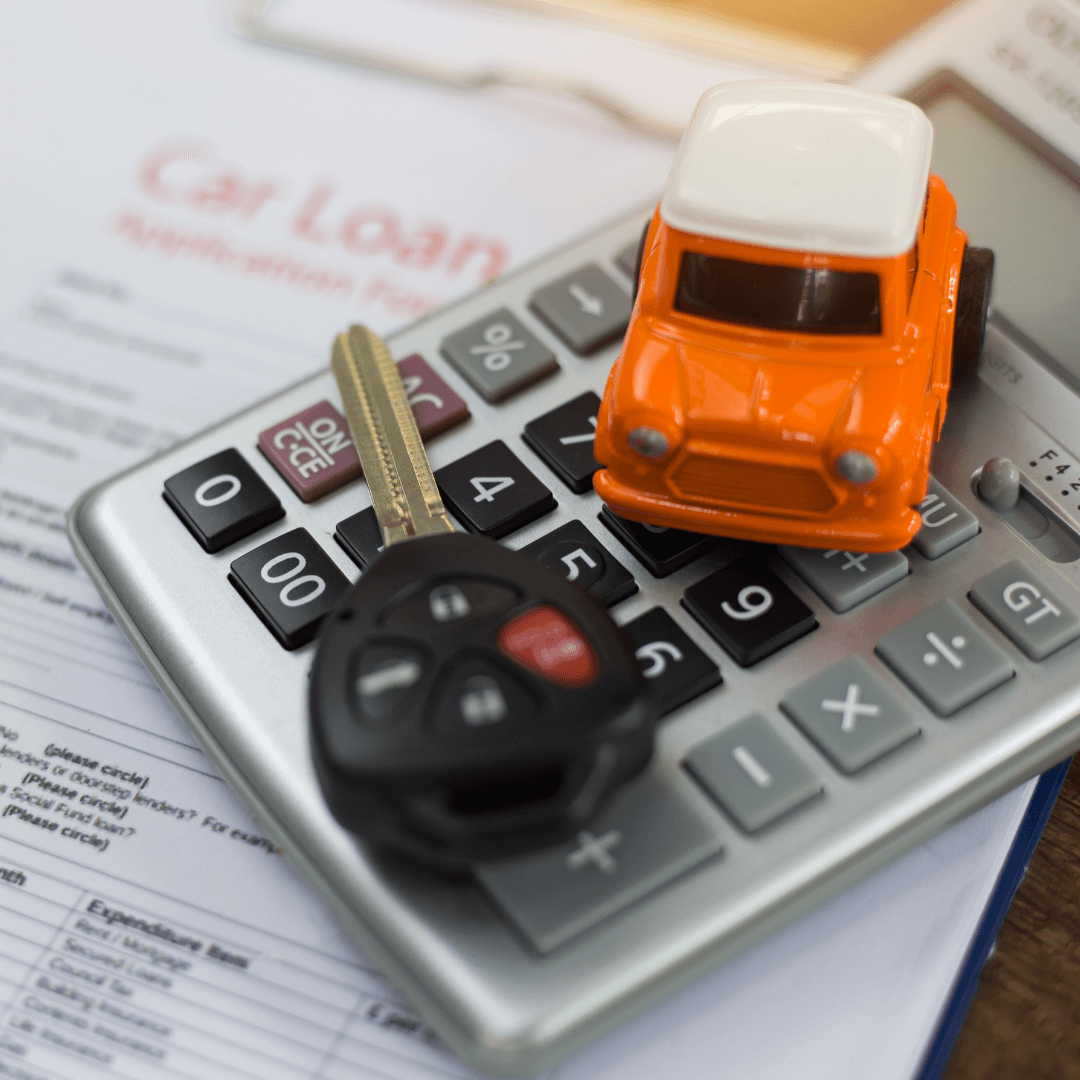Introduction
Car recalls are a common occurrence, and it's crucial for every car owner to understand what they are, why they happen, and what to do if your vehicle is affected. A recall is issued by a car manufacturer when a safety defect or non-compliance issue is discovered in a particular model or range of vehicles. These defects can range from minor issues like faulty lights to serious problems that could potentially lead to accidents or injuries.

Recalls are a vital part of ensuring vehicle safety and are designed to protect drivers, passengers, and other road users. By understanding the process and taking the necessary steps, you can ensure your vehicle is safe and compliant with all regulations.
Why Do Car Recalls Happen?
Car recalls are initiated when a manufacturer discovers a safety defect or non-compliance issue in their vehicles. These issues can arise from various factors, including:
- Design flaws: A design flaw in a component or system can lead to malfunction or failure.
- Manufacturing defects: Errors during the manufacturing process can result in faulty parts or incorrect assembly.
- Material defects: The materials used in a vehicle may not meet the required standards, leading to premature wear or failure.
- Software glitches: Software errors in a vehicle's control systems can cause unexpected behavior or malfunctions.
- External factors: Environmental conditions or misuse can also contribute to safety issues.
What to Do If Your Car is Recalled
If your car is subject to a recall, you will receive a notification from the manufacturer or the National Highway Traffic Safety Administration (NHTSA). The notification will provide details about the recall, including the specific issue, the affected vehicles, and the necessary repair.
Here's what you should do:
- Contact your dealer: Schedule an appointment with your local dealer to have the recall repair performed.
- Review the recall information: Carefully read the recall notice and understand the nature of the defect and the repair process.
- Don't delay: It's important to get the recall repair done as soon as possible to ensure your vehicle's safety.
- Keep records: Retain all documentation related to the recall, including the notification letter and repair confirmation.
The Importance of Staying Informed
Staying informed about car recalls is crucial for every car owner. You can stay updated by:
- Checking the NHTSA website: The NHTSA website provides a comprehensive database of all active recalls.
- Signing up for recall alerts: Many manufacturers offer email or text message alerts for recalls affecting your vehicle.
- Contacting your dealer: Your local dealer can provide information about any recalls affecting your specific vehicle.
By staying informed and taking the necessary steps, you can ensure your vehicle is safe and compliant with all regulations.




